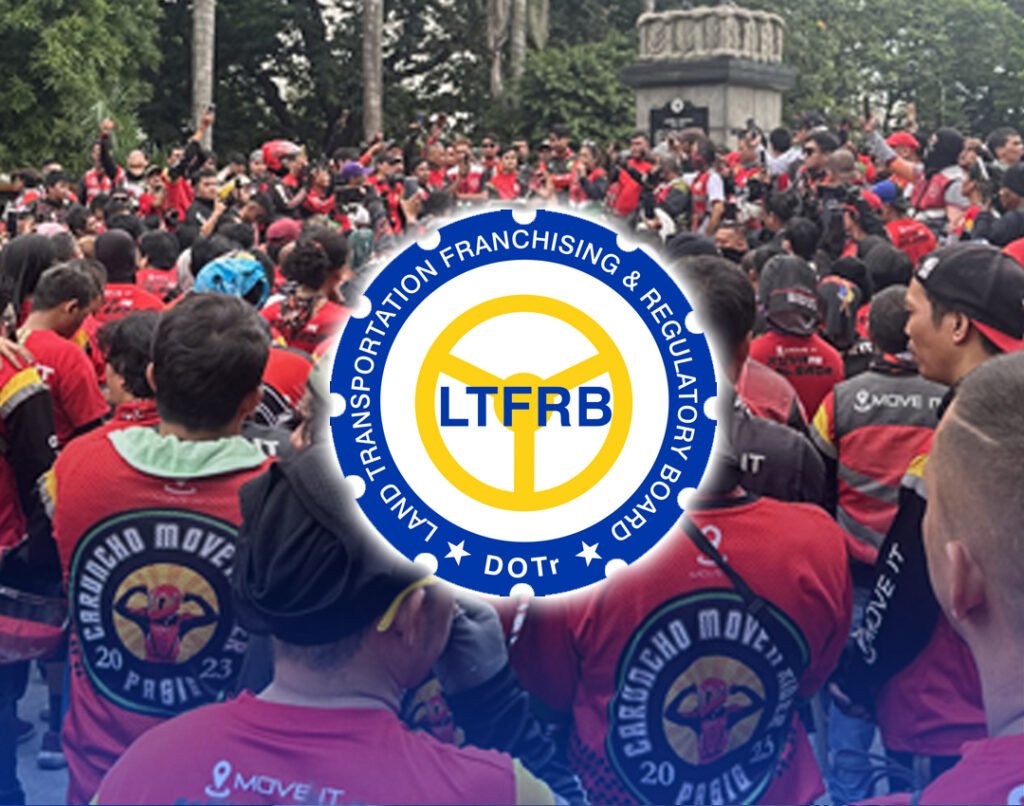HINDI na makapagsusuot ng mga seksing damit ang kababaihang empleyado sa lahat ng ahensya ng gobyerno kasama na ang local government units (LGUs) at Government Owned and Controlled Corporation (GOCCs).
Bukod dito, hindi na rin papayagan ang mga empleyado ng gobyerno na magpakulay o magpahaba ng buhok lalo na sa kalalakihan upang magkaroon umano ng respeto ang mga tao sa kanila.
Base sa Revised Dress Code na inisyu ng Civil Service Commission (CSC), ipagbabawal ang pagsusuot ng collarless t-shirts, plunging necklines, sleeveless tops, sando/tank tops, tube tops, halters, strapless or spaghetti-strap blouses, leggings, above-the-knee skirts, shorts, cycling or jogging pants (maliban kung may physical activities), ripped jeans, sandals, slippers, exposed-toe shoes.
Ipagbabawal din sa mga empleyado na magsuot ng maraming alahas at makapal na make-up habang nasa opisina ang mga ito at maging pagpapakulay ng buhok na hindi naman kailangan at pagbabaha ng buhok sa kalalakihan.
“The CSC introduced updated dress code guidelines aimed at boosting employee morale, professionalism, and productivity of the over two million civil servants, whether working onsite or under flexible arrangements,” paliwanag ng ahensya.
Maliban dito, oobligahin din ang lahat ng empleyado ng gobyerno na magsuot ng ASEAN-inspired attire sa unang Lunes ng buwan o mga tradisyunal na damit ng mga miyembro ng Association of Southeast Asian nations tulad ng Brunei Darussalam, Burma, Cambodia, Indonesia, Laos, Malaysia, Philippines, Singapore, Thailand, Vietnam at Timor Leste.
Pawang mga Filipiniana-inspired clothing naman ang isusuot ng lahat ng mga empleyado ng gobyerno sa ikalawa hanggang ikaapat na Lunes ng bawat buwan at pagdating ng Martes hanggang Biyernes ay offices uniform na ang kanilang gagamitin.
“It covers all government officials and employees regardless of employment status, whether appointive or elective, in all government agencies and instrumentalities, namely: constitutional bodies; departments, bureaus, and agencies of national government agencies; government-owned and controlled corporations with original charters; local government units; and state universities and colleges,” ayon sa CSC. (BERNARD TAGUINOD)
 9
9




